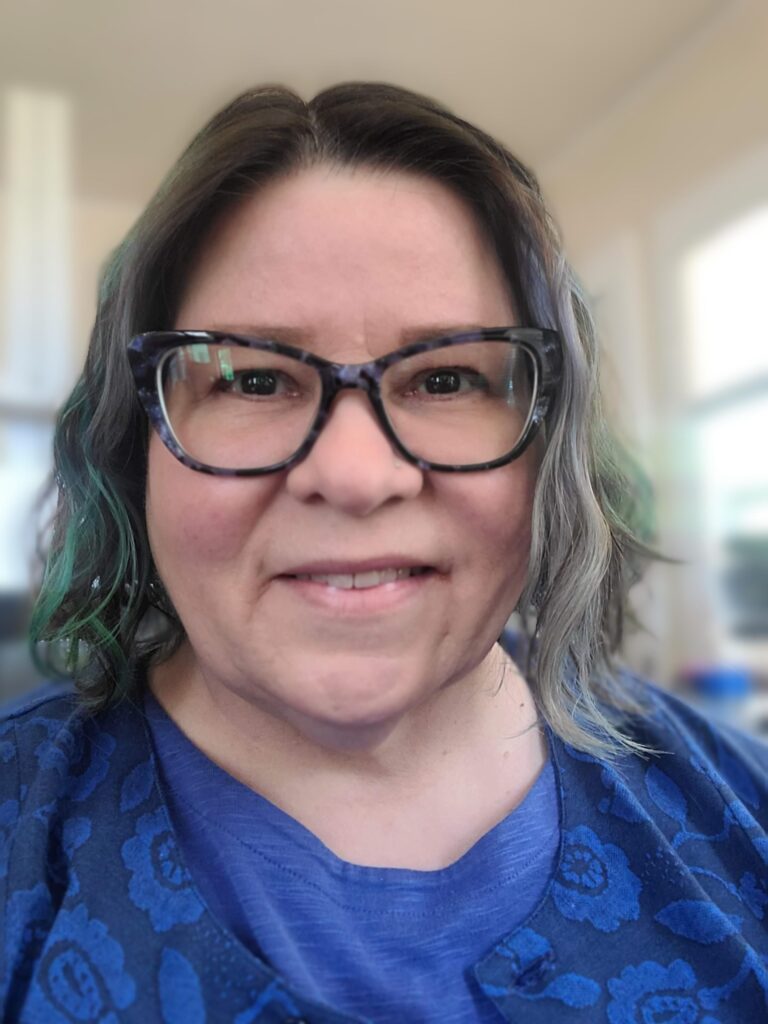CM: When did you complete the Transformative Coaching Essentials program and what are some of the most valuable things you got out of it?
DC: I completed the Transformative Coaching Essentials (TCE) program in May 2022. When I joined, I expected to enhance my communication skills and saw coaching as a natural extension of my professional background in mental health. However, the training far exceeded my expectations.
I had always considered myself a good listener, but this program elevated my listening skills to an entirely new level. I learned how to be fully present with others in a way I had never experienced before. This not only improved my professional relationships but also profoundly deepened my personal connections.
What surprised me most was how much the program transformed me personally. The growth I experienced was truly life changing. While the process was sometimes challenging and uncomfortable, the results were invaluable. It also gave me a deeper appreciation and understanding of what it feels like to be coached, which has enriched my approach to working with others.
CM: Do you consider yourself a life coach? If no, how would you describe who you are professionally?
DC: I do identify as a life coach, but I like to describe my role more specifically. I partner with individuals to support their personal and professional growth. Often, I refer to myself as a “thought partner” for my clients. Together, we work collaboratively to help them gain greater self-awareness and clarity about who they want to be and what they want to create in their lives.
I firmly believe that all meaningful change begins internally, with a shift in one’s sense of Being. This deeper self-understanding empowers individuals to live more intentionally and to show up authentically for themselves and others.
CM: What would you say to somebody who told you they were thinking about becoming a life coach?
DC: I’d say, “Go for it!” but also let them know the journey will be both challenging and rewarding. I’d encourage them to think about what’s drawing them to coaching and why it matters to them, as that clarity will help keep them going, especially during the challenging parts.
It’s definitely an ongoing learning process that takes commitment. It’s important to do some research on training programs because they’re not all the same. I highly recommend the Transformative Coaching Essentials program with Cami McLaren. It gives you the core coaching skills you need (plus some) and connects you with a supportive community to help you as you grow your practice.
CM: What is one misperception you believe people have about coaches (whether designated “life coach” or something else)?
DC: I think a big misperception about coaches is that we’re here to give advice or tell people what to do, but that’s not what coaching is about. Coaching also isn’t therapy. We don’t diagnose or focus on healing trauma. Instead, coaching is about partnering with someone to help them find their own answers and gain clarity about what they want moving forward.
We’re not the experts in your life—you are. As a coach, my role is to ask meaningful questions, listen deeply, and hold up a metaphorical mirror so you can see and hear yourself from a new perspective. Coaching creates a safe space for exploration and growth, not a place for providing solutions or fixing problems. This process empowers people to discover their own possibilities and take meaningful steps forward.
CM: What is your coaching specialty?
DC: I wouldn’t say that I have a specific specialty just yet. I’m open to coaching anyone who is ready and willing to create meaningful changes in their lives. That said, I feel the greatest fulfillment working with individuals who are eager to explore themselves on a deep, almost spiritual level. I am drawn to working with people who are curious about who they are, what they want, and how they can align their lives with their true selves.
As I continue to build my coaching practice, I see myself using art as a tool for deep exploration of self. I believe that art has a unique way of helping people access their inner world. Art can bypass the rational part of our minds, making it easier to express emotions, and uncover insights that words alone can’t always reach. I’m excited about blending creative expression with coaching to help clients connect with themselves in a deeper, more meaningful way.
CM: Are you a full-time coach?
DC: Currently, I coach part time. I am planning to transition to full-time within the next few years.
CM: What do you do other than coaching?
DC: My professional background is in case management working with individuals who live with psychiatric and cognitive disabilities. I also have a background in organizational development. I currently serve as the executive director for Welcome Home Housing, a nonprofit organization providing housing and independent living support to individuals living with serious mental illness. In my role, I apply coach-style leadership skills in my interactions with the programming team, board members, donors, and those we serve.
I am also an artist with a passion for drawing and painting. I also have a deep interest in exploring spirituality, philosophy, and mythology. As a lifelong learner and avid reader, I’m deeply influenced by the works of Joseph Campbell and Carl Jung.
I love finding connections between my interests. Recently, I became certified as a facilitator in the Paint from Your Soul method, which uses art as a tool for self-exploration using feminine archetypes and how they are expressed through us. I am excited to incorporate art and creative expression into my coaching practice to further support personal growth and self-discovery.
CM: Do you have a website dedicated to your coaching business?
DC: No.
CM: Do you have social media accounts that you use primarily for your coaching business?
DC: No.







